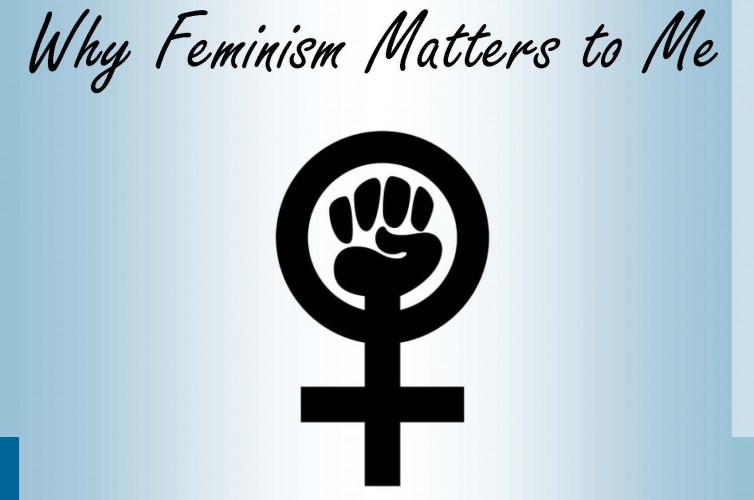Last fall, Dr. Amy Milligan, visiting assistant professor of women and gender studies at Elizabethtown College, began organizing a Women and Gender Studies (WGS) Roundtable to bring attention to important themes of sex, gender and sexuality. There have been WGS events in the past at the college. Last year’s Roundtable discussion, “Ain’t I a Woman: Women’s Experiences of Gender,” was the first event of its kind. Last year’s Roundtable focused on addressing the ways in which women engage with their gender and how different socio-economic or cultural experiences influence the role and view of gender, Milligan said.
This year’s WGS Roundtable, “Why Feminism Matters to Me,” at 4 p.m. Wednesday, Nov. 13, in Hoover 212, focuses on feminism itself. “In an age where many young women are distancing themselves from feminism and others are saying that we are post-feminism, many of us still believe that feminism is essential,” Milligan said.
Roundtable panelists are Dr. Evan Smith, associate professor of psychology and director of the women and gender studies program at the College; Dott Hummel, a continuing eduction student; Rustin Dudley, a senior social work major and Dr. Susan Traverso, Provost and senior vice president of the College. Milligan, the panel moderator, said she wanted to ensure that different ages, voices, and backgrounds were represented so that each panelist’s ideas and opinions could be free to interact with the others as they discuss why feminism is still pertinent in our culture and what the future of feminism might be. Milligan and Dudley discussed feminism and the Roundtable this summer, and Smith has been involved in WGS-related programming, mainly as an organizer. All are enthused about the opportunity to get more involved in a WGS event. “I think we’ll have some really thought-provoking commonalities and differences in our views of feminism,” Smith said.
Several facets of feminism require discussion at this event, Smith said. He plans to discuss the “Generation X” perspective and third-wave feminism, which took off while he was in college, as important aspects of modern feminism. “Feminism has also had a big impact on the LGBTQ community, so, as a member of that community, I thought it would be important to bring that perspective to the table,” he said.
In an age where many young women are distancing themselves from feminism and
others are saying that we are post-feminism, many of us still believe that feminism
is essential.”
Milligan chose panelists who identified as second-wave or third-wave feminists. “I think this distinction is important, because the groups aren’t antithetical but represent different approaches and understandings of why feminism is important.” Third-wave feminism, kicking off in the mid-1990s, is the most recent form feminism has taken. Smith said it was an important shift in its focus on equality for all groups, rather than one group at a time. Dudley explained that the world would not have made the strides toward equality it has without second-wave feminism, which brought equality in the workforce and public awareness of sexual harassment, sexual assault and domestic violence to the forefront.
However, she said, many of the stereotypes associated with feminism arose with the second wave. It’s not enough for one group to work for its own equality, she said. “Different modes of oppression interact and you can’t address one without addressing the others.”
Smith highlighted one of the weaknesses of third-wave feminism. “I think this is an ideal perspective, but the diversity of ideas represented by third-wave feminists can make it hard to highlight the central goals of the movement,” he said.
The panel’s other focus is why feminism still is an important movement. “I think a lot of people our age think feminism has done everything it needs to,” said Dudley, adding that some people might think feminism is more about domination than equality. This is not the case, she explained, noting that true feminism believes in the inherent dignity of people as human beings, not just complaining or being bitter.
Smith also commented on the misconceptions and stereotypes surrounding feminism and, because of this, it isn’t surprising that people no longer see a need for feminism. He hopes the Roundtable will help show the campus community why feminism is still a vital movement in the world.


